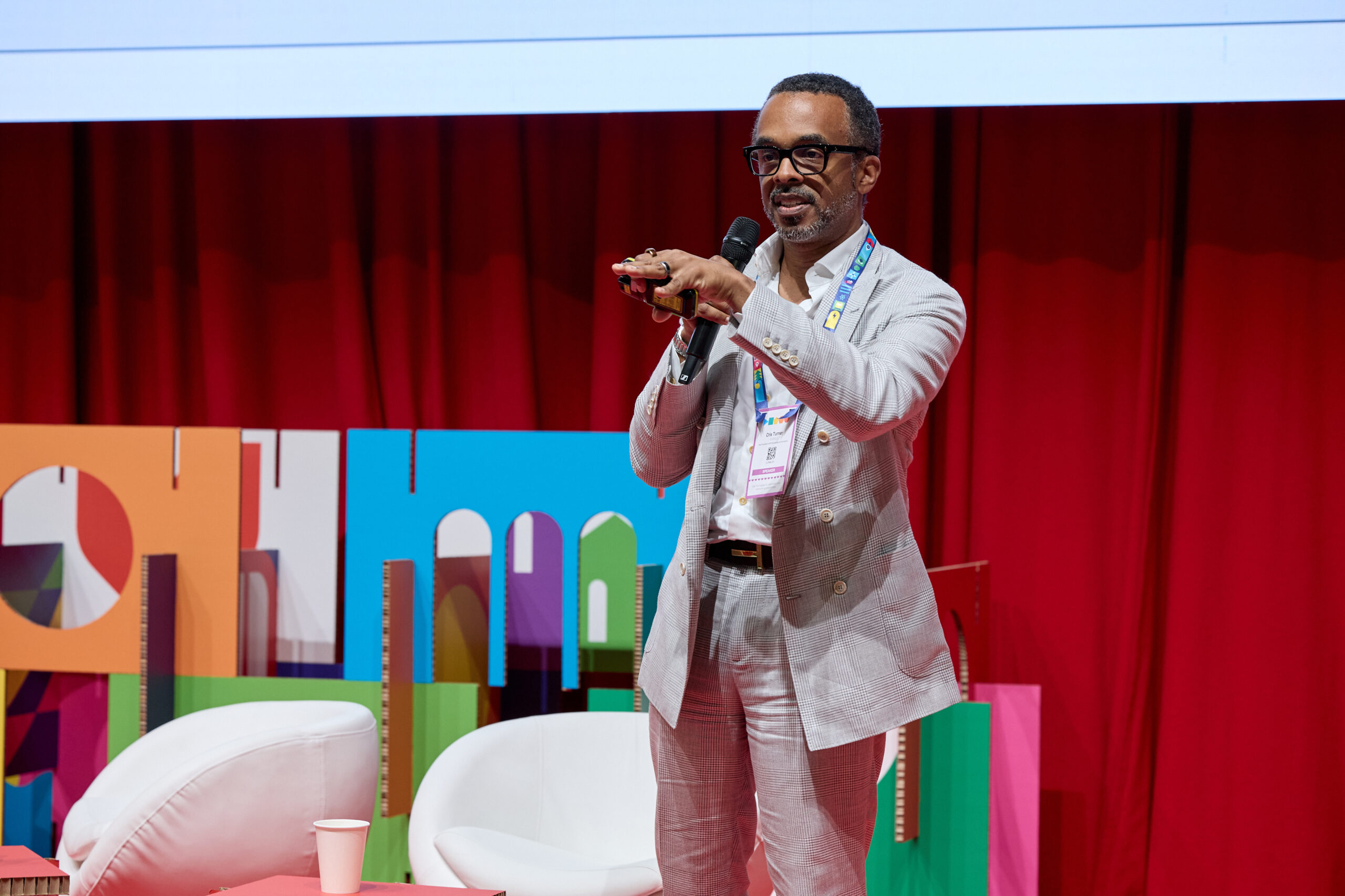Author | Raquel C. Pico
Despite the numerous potential benefits of artificial intelligence, not all economies and market players are on equal footing in the race to harness its potential. The playing field is far from level: only a handful of countries, and within them a select group of companies, lead the development of AI, capitalizing on its technology and applications. This raises the risk of widening gaps.
This is likely to happen, for example, in countries whose languages are not prioritized in AI development. This concern is one reason why some European countries, such as Spain, are investing public funds to promote AI initiatives. It also affects countries that lack a prominent position in the tech industry. Whether due to their small size, peripheral position in technological ecosystems, or limited financial resources, these countries risk missing out on the AI revolution.
However, some countries are already exploring intermediate pathways to join the AI development and adoption wave, positioning themselves to benefit from its opportunities. Rwanda and Singapore exemplify this approach, having presented their AI Playbook for Small States at the United Nations Summit of the Future.
Rwanda and Singapore’s AI strategy
This document was developed by Singapore’s Infocomm Media Development Authority (IMDA) in partnership with Rwanda’s Ministry of Information, Communication, Technology and Innovation. Throughout 2024, Singapore’s Infocomm Media Development Authority (IMDA) has been gathering insights on how small states are adopting AI, the challenges they face in implementation, and the potential opportunities it offers.
Experiences have come from a diverse range of countries, varying widely in geography and economic status. AI strategies have emerged from countries as varied as Estonia and New Zealand, as well as Bosnia and Herzegovina, Sierra Leone, and Costa Rica. “Artificial intelligence plays an essential role in the development of small states by maximizing limited resources, enhancing efficiency in key sectors such as health, education, and the economy, and driving technological innovation that positions them competitively on the global stage,” stated Costa Rica’s Ministry of Science, Innovation, Technology, and Telecommunications.
Nearly all of these countries face a similar set of challenges when it comes to refining their AI strategies. The report highlights challenges such as limited access to resources and funding, small domestic markets that constrain the scalability and global impact of their projects, a shortage of AI talent and expertise, and difficulties in accessing data. The development of artificial intelligence requires vast quantities of data to fuel its progress. This is relatively straightforward when using large corpora in English, but becomes challenging for languages with fewer speakers or much more limited production.
In contrast to these challenges, the potential benefits of artificial intelligence are substantial. The conclusion highlights AI’s potential to uplift communities and societies—a value that extends beyond economic gains and could play a crucial role in achieving the Sustainable Development Goals. Artificial intelligence can significantly enhance public sector efficiency and address gaps and challenges that currently hinder development.
Perhaps the most compelling aspect of this AI playbook is its shift in focus, bringing these small states to the table and ensuring their voices are included in the global AI discourse. It could even challenge stereotypes about who is and isn’t actively developing an AI strategy.
Rwanda and artificial intelligence
In addition to being a supporter of the AI Playbook for Small States, Rwanda has maintained a national AI strategy for several years. This strategy aligns with Rwanda’s Vision 2050 program—a development plan launched in 2020 aimed at achieving targeted growth and quality of life standards over the next 30 years. In artificial intelligence, Rwanda wants to be “a global center for AI research and innovation” and lead the way in the development of this technology in Africa.
To accomplish this, it has identified six priority areas, including digital literacy, skills development, infrastructure, data strategy, and the application of AI by both the public and private sectors. Key elements in its approach include AI education, reskilling segments of the workforce, emphasizing STEAM disciplines in schools, and committing to infrastructure improvements, such as expanding cloud and computational capacities within the country.
How AI can help small countries
Rwanda could, therefore, become a model for other small states to emulate in the coming years. Singapore is already one of Rwanda’s aspirational examples. The country has already transcended its small size in key areas, such as in urban planning and the health and well-being of its population. It is also strongly committed to digitalization. In fact, it identifies itself as a smart nation, demonstrating a strong commitment to technology.
In terms of artificial intelligence, Singapore launched a focused strategy in 2019, which spurred the creation of 150 teams dedicated to AI research and development. In 2023, the country launched the Singapore National AI Strategy 2.0 (NAIS 2.0), a refreshed strategy aimed at addressing both the opportunities and challenges of artificial intelligence and with which it seeks to expand beyond local applications and position itself as a competitive player in the global AI market.
For small states, AI can unlock new opportunities. For developing countries, it presents an opportunity for growth. According to Deloitte, Africa is home to approximately 2,400 artificial intelligence companies, offering a diverse range of services. For instance, in Kenya, AI-driven chatbots address inquiries related to sexual and reproductive health, while in Ghana, AI platforms connect women farmers. Despite Africa’s diverse AI landscape, which defies a one-size-fits-all portrayal, the opportunities presented by AI across the continent are promising.
Photo | primeimages/iStock






















































